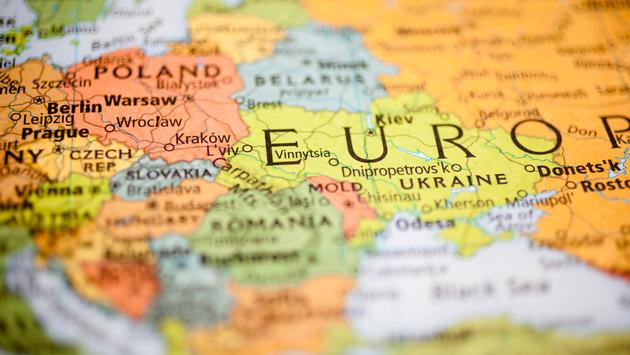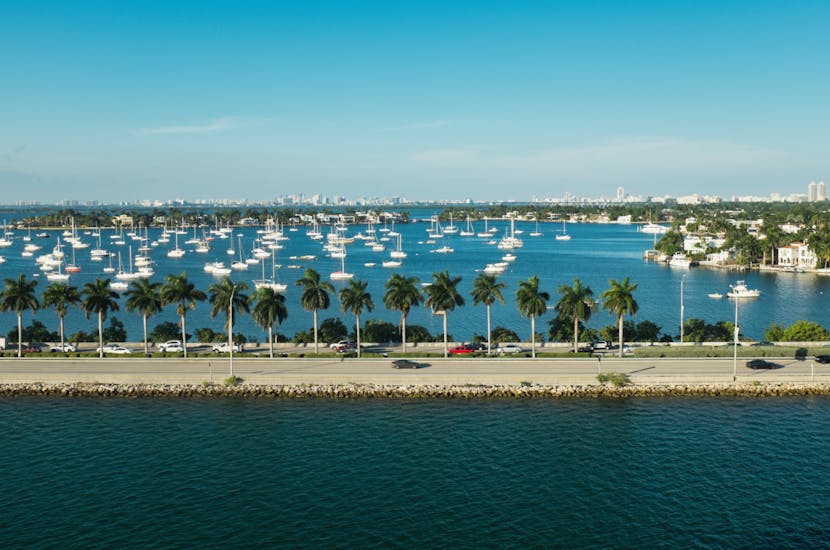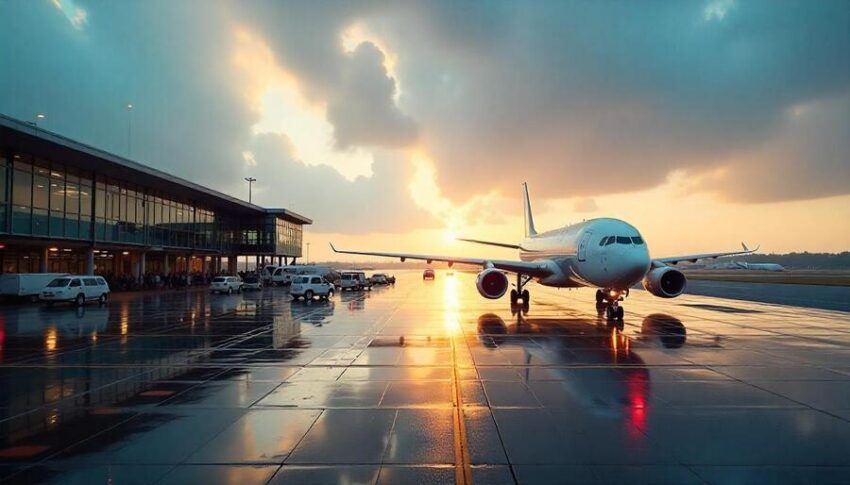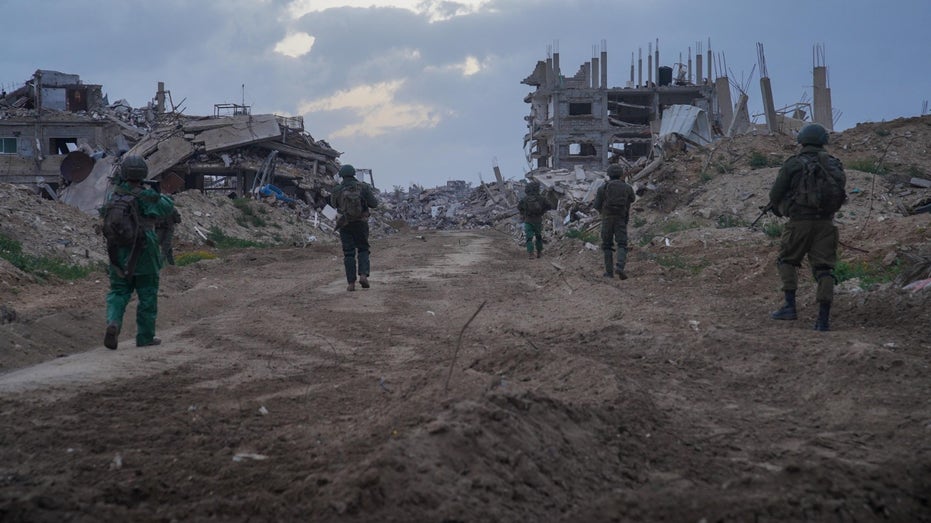- by foxnews
- 21 Mar 2025
Is Traveling to Eastern Europe Still Safe Amid Russian War on Ukraine?
As Russia continues its siege of Ukraine, a look at global regulators’ current policies on travel to nearby Eastern European countries reveals whether there’s really cause for concern.
- by travelpulse
- 23 Mar 2022
- in travel

The world has watched Russia's siege of Ukraine for nearly a full month now and, with no end in sight, travelers who had planned on trips to visit neighboring nations are wrestling with uncertainty.
As soon as the Russian invasion began, the European Union Aviation Safety Agency (EASA)-the E.U. agency responsible for monitoring the skies' safety for passengers-warned air carriers against flying in airspace over Ukraine, Moldova and portions of Belarus and Russia. Shortly afterward, many European and non-European countries imposed sanctions and airspace restrictions on Russia, with Russia responding tit-for-tat, which forced airlines worldwide to reroute their flights.
In the weeks that followed, travel advisors reported fielding plenty of questions and mixed reactions from clients with European vacation plans, some of whom feared that violence could spill over into surrounding regions and others who worried that refugee activity could potentially disrupt their trips. A recent survey conducted by MMGY Global found that the armed conflict in Ukraine is now twice as likely to affect U.S. travelers' European travel plans as any concerns over COVID-19 at this point.
But, it's worth noting that, weeks into the conflict, the EASA hasn't had reason to add any further risk zones to its Conflict Zone Information Bulletin (CZIB), since the Russian invasion remains a contained military action, targeted solely at Ukraine. So, does this mean that there's no danger to travelers bound for such neighboring countries as Poland, Slovakia, Romania, Estonia, Latvia, Lithuania and Turkey?
Based on the latest guidance laid out by European travel authorities and the U.K. Foreign Office, Euronews compiled insights into whether tourists' trepidations about proceeding with travel plans to Eastern European destinations are valid.
An EASA spokeswoman told Euronews that the agency takes all available intelligence into account when updating the CZIB, working closely with the European Commission (the E.U.'s executive arm) and the European Organisation for the Safety of Air Navigation, also called Eurocontrol.
While all 27 E.U. member states, as well as the U.S., U.K., Albania, Canada, Iceland, Norway and Switzerland, are prohibiting Russian planes from entering their airspace-and Russia has retaliated by banning them back-only Ukraine, Moldova and Belarus have actually halted all commercial flights.
While U.S. travelers should always refer to the State Department's latest guidance on their destination, it is still considered safe to visit nations that border Ukraine, such as Poland, Hungary and Slovakia. Those going to Poland should note that there are areas near the Belarusian border that are closed, and tourists should secure accommodations in advance, as there is currently an influx of Ukrainian refugees crossing into Poland.
A Hungarian Tourism Agency spokesperson recently told CNN, "Hungary remains a safe country, and life continues as normal here. The Hungarian Government is doing its utmost to avoid involvement in the war, and to preserve the safety of both the residents of Hungary and the tourists who visit."
Global airlines continue flying their normal schedules to the Baltics-Estonia, Latvia and Lithuania-indicating that aviation experts and regulators consider it safe to do so.
Lithuania did declare its own state of emergency on February 24 when Russia launched its attack on Ukraine, but the U.K. Foreign Office has not issued any advice against travel to the country, which means it's still considered safe to visit. Note that visitors are currently required to carry a photo ID at all times and be ready to present it to law enforcement officials if requested.
Multiple cruise lines have been forced to alter their routes as a result of the Russo-Ukrainian conflict, with Baltic voyages being especially affected, since many of those itineraries usually stop in St. Petersburg. Most major cruise lines have been able to make adjustments, rather than canceling sailings altogether, although Viking was obliged to cancel its Ukrainian river cruises and suspend all of its operations in Russia for the year. "We have cancelled all 2022 departures of our Russia river itineraries - and will replace scheduled stops in Russia for all 2022 ocean itineraries," a Viking spokesperson said.
- by foxnews
- descember 09, 2016
Pilot allegedly calls out vaping passenger in cabin-wide announcement: 'One person decided to risk lives'
A traveler who says he or she was flying United Airlines says a passenger who was vaping on the plane prompted the pilot to make an important announcement. Social media users react.
read more




